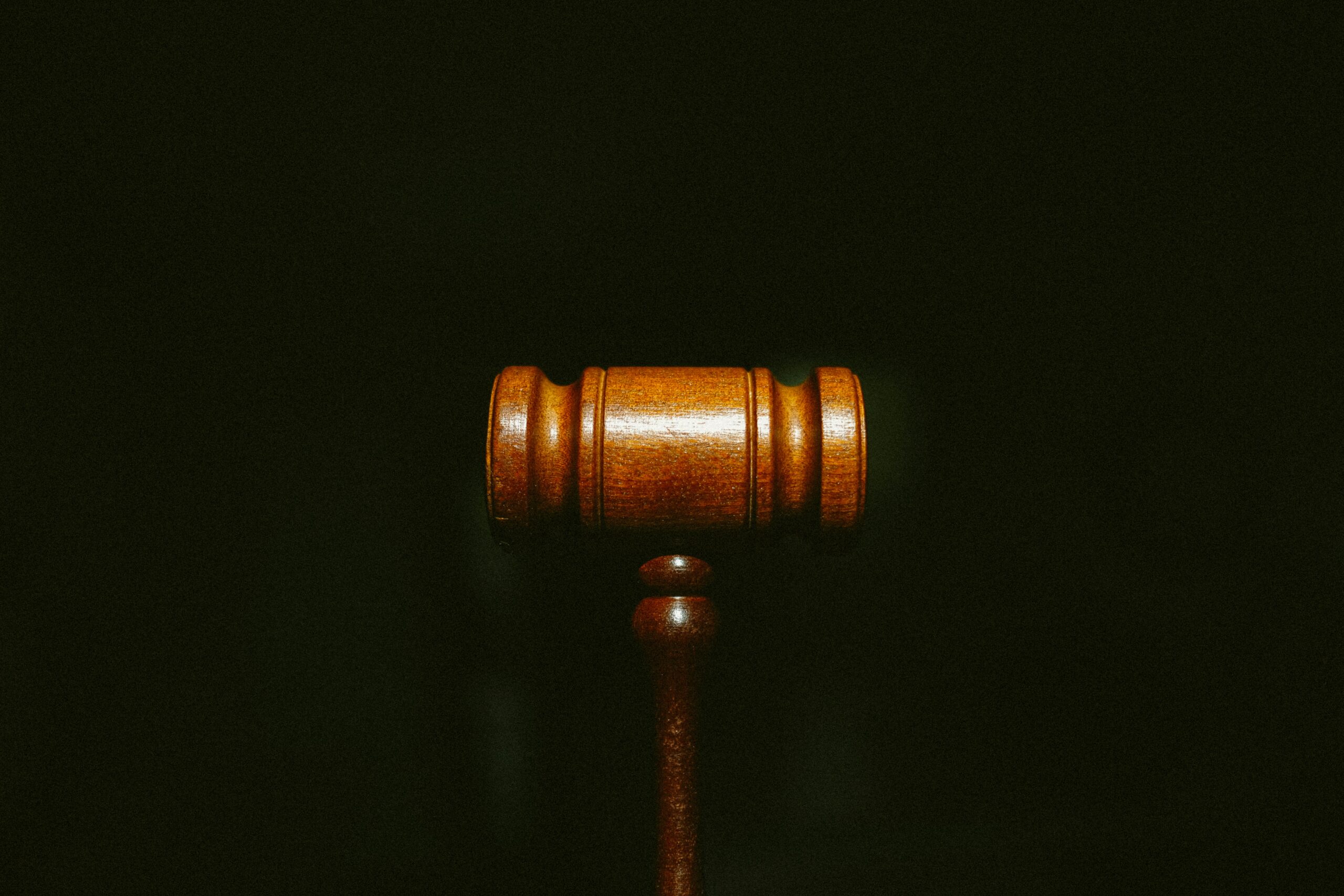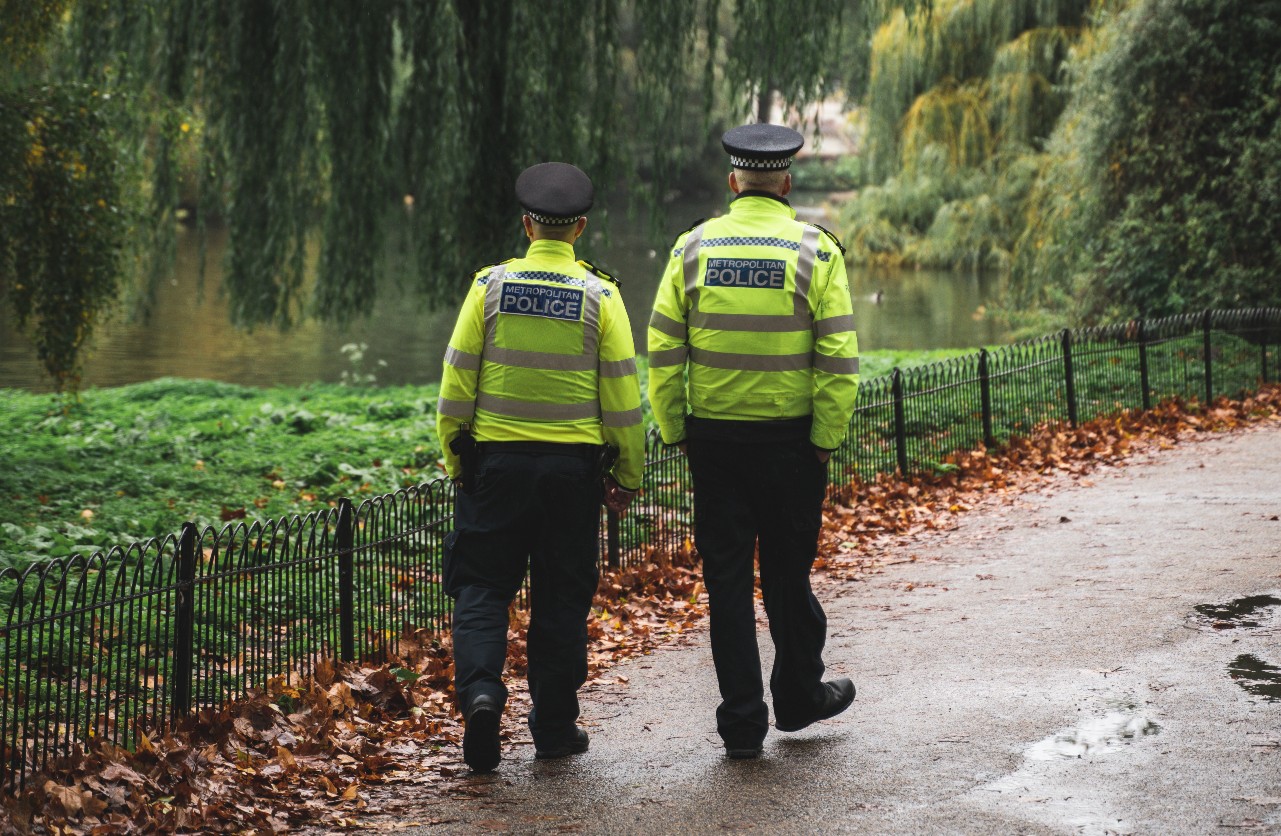The Online Safety Act: What does it mean for pornography and potential offences?
As criminal defence solicitors, we regularly represent individuals accused of a wide range of offences involving online material. With the introduction of the Online Safety Act, the landscape in which these allegations arise is changing – bringing new legal duties for platforms, new criminal offences, and potential new risks for individuals.
What is the Online Safety Act?
The Online Safety Act introduces a legal framework aimed at making the internet safer, with a particular focus on protecting children from harmful content. One of its central provisions is the requirement for websites that host pornographic content to implement robust age verification systems to ensure that users are 18 or over. This means adult sites can no longer rely on simple tick-box confirmations or self-declared ages.
In addition to age checks, the Act also places a legal duty on platforms to swiftly detect and remove illegal material – such as non-consensual pornography, indecent images of children, non-consensual or revenge pornography, and extreme or prohibited images.
Age verification and its implications
Whilst this all sounds positive, what remains unclear is how these changes will affect the way people view pornography.
While the government aims to create a safer digital environment, there is genuine concern about whether the measures will drive adult users towards less regulated or even illegal platforms. As criminal defence solicitors, we are alert to the possibility that stricter regulations could lead to unintended consequences.
For example, if users become reluctant to verify their identity to access legal pornography, some may turn to peer-to-peer networks, dark web forums, or foreign-hosted websites that bypass age verification entirely. These platforms often lack effective moderation, increasing the risk of exposure to illegal material.
Privacy concerns and user risks
It is also currently unclear how your personal data will be handled by these websites. This may lead to more adult users being pushed away from mainstream sites due to privacy concerns. There is a danger that some may find themselves accessing illegal content inadvertently or through poorly moderated platforms. Once this line is crossed, however unintentionally, the consequences can be severe.
Allegations of possessing or distributing indecent material carry serious penalties and lifelong reputational harm. In many cases, we deal with individuals involved have no previous criminal history and never intended to access anything unlawful. The question is whether the effect of the new act will lead to more everyday people finding themselves in inadvertent trouble with the law.
If you do find yourself in a difficult position, you can contact one of our criminal defence solicitors who can speak to you about your options.
New criminal offences introduced by the Act
In addition to the new regulatory framework for online content, the Act has also introduced several new criminal offences, which came into force on 31 January 2024. These include:
- Encouraging or assisting serious self-harm
- Cyberflashing (sending unsolicited sexual images)
- Sending false information with the intent to cause non-trivial psychological or emotional harm
- Threatening communications
- Intimate image abuse (non-consensual sharing of private sexual images)
- Epilepsy trolling (deliberately sending flashing images to trigger seizures)
These offences mark a significant expansion of the criminal law in the online space, capturing a range of behaviours that were previously difficult to prosecute under existing laws.
How we defend clients under the Online Safety Act
At Richard Nelson LLP, we focus on defending the rights of individuals accused in these difficult circumstances. We understand that many clients are facing the criminal justice system for the first time and are dealing with confusion, fear, and shame.
Our role is not to judge, but to ensure that every client receives a fair hearing, that the evidence is properly scrutinised, and that legal defences are fully explored. We also advise clients on the wider implications of these allegations, including safeguarding concerns, reputational damage, and the steps that can be taken to mitigate long-term consequences.
Navigating the new online legal landscape
The Online Safety Act has introduced important regulatory changes, but its impact on individual users remains to be seen. As it is implemented, we expect to see new types of cases and challenges emerge – particularly for those accused of accessing or sharing content in ways that now fall foul of the law.
If you are facing investigation or prosecution under this legislation, or for any offence involving online images or communications, our criminal defence lawyers are here to provide expert, confidential advice and robust representation at every stage of the process. Contact us today.




